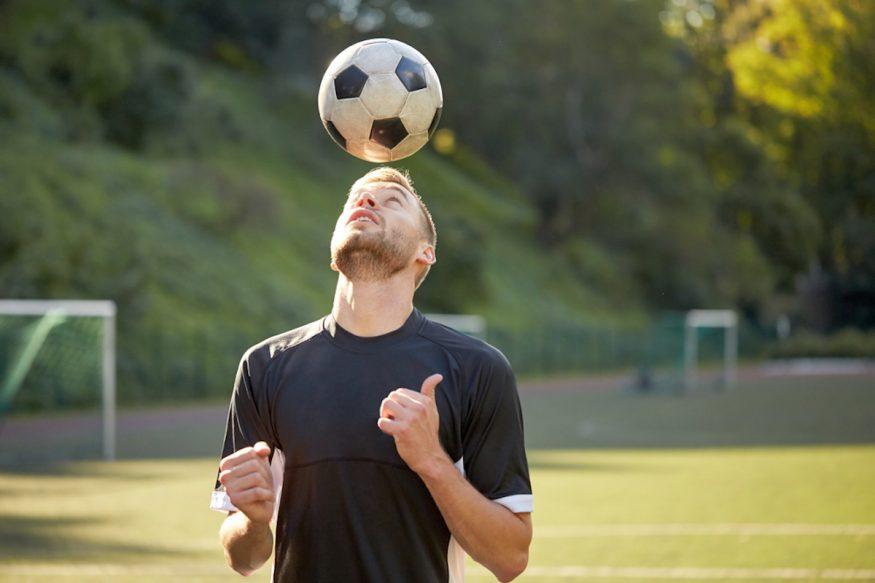Sir Geoff Hurst Addresses Dementia Risks in Football: An In-Depth Interview

Understanding the Growing Concern: Dementia in Football
The link between football and long-term brain health has become a pressing issue in recent years, with many high-profile former players being diagnosed with dementia. England’s legendary World Cup hat-trick hero, Sir Geoff Hurst, offered his perspective on this complex topic, reflecting on personal experiences and the wider responsibility of the sport.
The Role of Heading Practice in Player Health
A major concern highlighted by Sir Geoff Hurst is the frequency and intensity of heading drills in both youth and professional football training. He revealed that, in his days at West Ham, heading the ball was a core part of everyday practice-sometimes for up to half an hour in the gym, followed by extensive sessions on the training pitch.
There are two critical questions being raised:
- Should coaches limit the amount of heading in practice sessions to protect players’ long-term brain health?
- At what age is it safe for young athletes to begin practicing heading the ball seriously?
Hurst suggests that the tradition of rigorous heading practice from a young age should be seriously reconsidered to reduce potential risks.
Reducing Heading Without Changing the Game
Sir Geoff agrees that eliminating heading from matches is neither practical nor desirable, given its significance in football. However, he emphasizes that the repetitive nature of heading drills can be curbed, especially during senior team practices. Instead of practicing heading relentlessly, players can focus on positional play and tactics which simulate match scenarios without unnecessary impact.
Some actionable approaches include:
- Limiting the number of heading repetitions in each session
- Incorporating heading-free rest days during the week
- Focusing on spatial awareness and set-piece positioning instead of continuous physical drills
These measures could help maintain competitive performance while protecting players from excessive, repeated head trauma.
Scientific Findings Elevate the Discussion
Studies have accelerated the call for change. One pivotal research effort led by Dr. Willie Stewart in Scotland found that professional footballers face a 3.5 times higher risk of developing dementia compared to the general population. Such findings have intensified pressure on football associations and clubs to reassess both youth and senior training methodologies.
Personal Impact: The Human Side of Dementia in Football
For Hurst, this issue is not just theoretical. It has deeply personal implications, affecting some of his closest friends and teammates. Many, including renowned players like Sir Bobby Charlton and Nobby Stiles, have publicly battled dementia. Hurst notes the devastating toll the disease takes-not only on the individual but also on their families and loved ones.
He shared how closely he has witnessed the struggles of former players' families, emphasizing that greater awareness and open discussion are steps forward: “The focus is on it now, and that’s good. That’s very good.”
Why Meaningful Change Has Taken Time
Hurst acknowledges that, despite signs and cases emerging over decades, it has taken many years for the issue to gain mainstream attention. He attributes this delay to a lack of awareness, ongoing medical uncertainty, and the gradual willingness of high-profile figures to speak out about their struggles.
With more comprehensive studies and growing public concern, there is now sustained momentum toward improving player welfare in football.
Moving Forward: Key Actions for Football’s Future
Addressing dementia in football requires a multi-pronged approach:
- Support and funding for ongoing and new medical research on sports-related dementia and CTE (chronic traumatic encephalopathy)
- Adoption of revised training protocols that minimize unnecessary heading, especially for children and young athletes
- Raised public awareness, drawing on the experiences of retired players and their families to inspire change
- Encouraging a culture where discussing and addressing brain health is normalized within the sport
The increasing attention paid to this issue offers hope for future generations of footballers.
Further Insight from Sir Geoff Hurst
Sir Geoff Hurst continues to share his thoughts on football’s evolving landscape and his journey as a player. For additional interviews covering England’s performance at major tournaments, West Ham’s recent developments, or the expanding influence of technology in the sport, you can explore more of his views through dedicated interviews and features.













